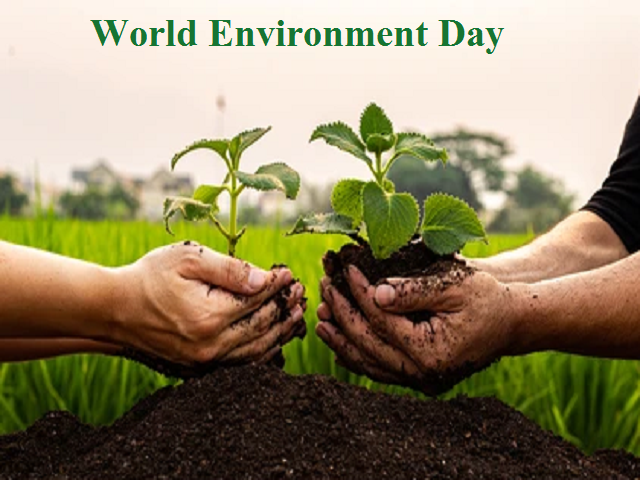In accordance with information provided on the UN observances page, more than 400 million tonnes of plastic are produced annually, with half of that quantity intended for single-use applications. While an estimated 19–23 million tonnes per year end up in lakes, rivers, and seas, less than 10% of waste is recycled. Microplastics, which are minute pieces of plastic with a diameter of up to 5 mm, are present in food, water, and the atmosphere. Each person on the earth is thought to swallow more than 50,000 plastic particles annually, and much more if inhalation is taken into account.
History
The first UN conference with the environment as its main topic of discussion took place in Stockholm in 1972. It also acknowledged that everyone has the fundamental right to live in a healthy environment. The conference resulted in the historic foundation of the United Nations Environment Program, a global initiative to preserve and protect the environment. Additionally, June 5 was formally declared a day dedicated to the environment at this ceremony. The UNEP has launched a number of international initiatives in an effort to safeguard our natural environment. Since then, numerous cities all around the world have had celebrations. The list of host cities includes New Delhi, which organized the events in 2011 and 2018 closer to home.
In 1973, “Only One Earth” served as the theme for the first World Environment Day. Since then, work has been done on a number of crucial environmental issues. Among many others, some of these themes include “Only One Future for Our Children” (1979), “A Tree for Peace” (1986), “For Life on Earth – Save Our Seas,” and “Connect with the World Wide Web of Life.”

Importance
The UNEP’s World Environment Day has had historic significance, from bringing attention to environmental challenges to achieving substantial changes in international environmental legislation. Our planet is on the verge of ecological catastrophe due to our decreasing natural resources, highly politicised environmental policies, and slow-moving programmes.
World Environment Day serves as a platform for many environmentalists in the face of these environmental catastrophes. It is a day set aside to commemorate and raise awareness of the ongoing harm caused by global warming and climate change. As a result of environmental ignorance, climate change has a number of negative effects, including the loss of life, property, biodiversity, and even resources. For more than 50 years, World Environment Day has provided an opportunity for environmental campaigners to educate and mobilise the public.



Thanks for this information.